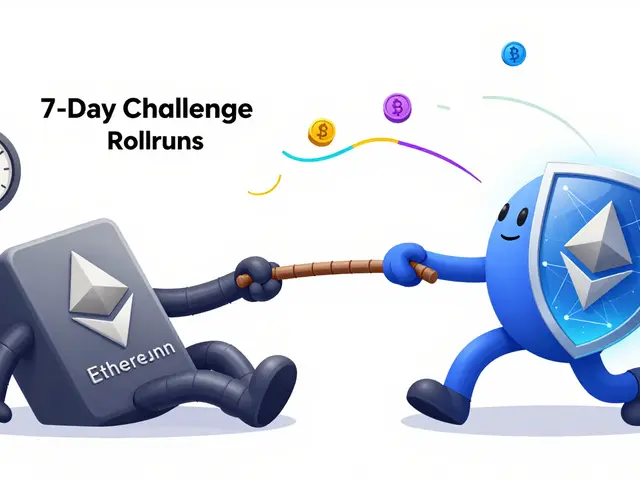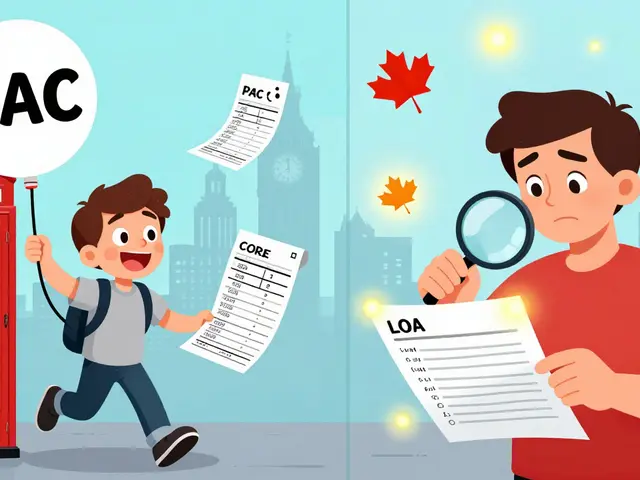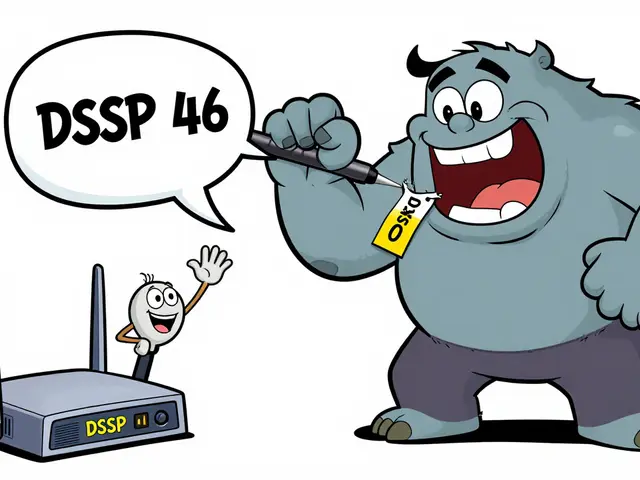Cloud Telephony Risks: What You Need to Know Before Switching
When you move your phone system to the cloud, you gain flexibility, lower costs, and remote access—but you also open up new ways for attackers to hit you. Cloud telephony risks, the vulnerabilities that come with using internet-based phone systems instead of traditional lines. Also known as VoIP security threats, these aren’t theoretical—they happen daily to businesses that assume the cloud is automatically safe. A hacker doesn’t need to break into your office. They just need to guess a weak password on your SIP account, and suddenly your calls are being routed overseas, draining your balance with international charges you didn’t authorize. That’s toll fraud, a type of attack where criminals exploit weak VoIP systems to make expensive long-distance calls. It’s not rare. One small business lost $18,000 in two weeks because their provider didn’t enforce strong authentication.
Then there’s SIP attacks, targeted exploits that hijack the signaling protocol that makes VoIP calls work. These can silence your phones, redirect incoming calls to scam numbers, or even record your conversations. If you’re using unencrypted calls, anyone on the same network can listen in—no special tools needed. Even if you think your data is safe behind a firewall, attackers often bypass it by targeting your employees’ home networks or unsecured softphones on laptops. And encrypted VoIP, a security layer that scrambles voice data so only the intended recipient can decode it. isn’t automatic. Many providers offer it as an add-on, or worse, they claim to support it but use weak encryption that’s easy to crack.
Cloud telephony doesn’t just break when someone hacks it—it breaks when the internet goes down, your provider has an outage, or your router overheats. Unlike landlines that run on power from the phone line itself, your VoIP system needs electricity, a working router, and a stable connection. If any one of those fails, so do your calls. And unlike traditional phone companies, many cloud providers don’t guarantee uptime with real penalties. You get a service level agreement (SLA), sure—but if your calls drop during a sales call, who pays you back?
The posts below show you exactly how these risks play out in real systems. You’ll see how companies got hit by toll fraud, what encryption settings actually matter, how SIP hardening stops most attacks before they start, and why some businesses still use analog gateways as backup. No fluff. No theory. Just what works—and what gets you burned.
Cloud phone systems offer flexibility but come with hidden risks: internet dependency, unexpected costs, security gaps, and unreliable support. Learn the real disadvantages that can hurt your business before you switch.







